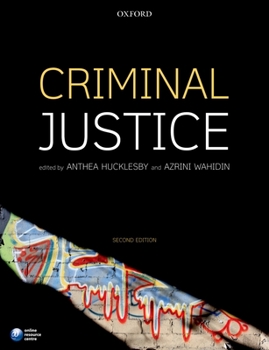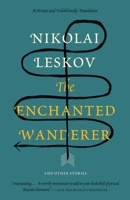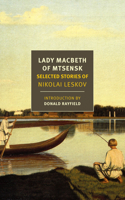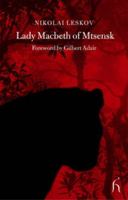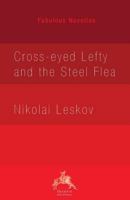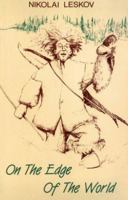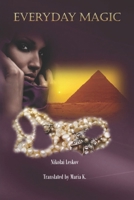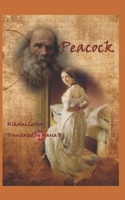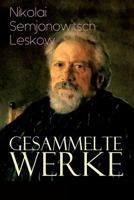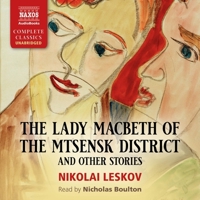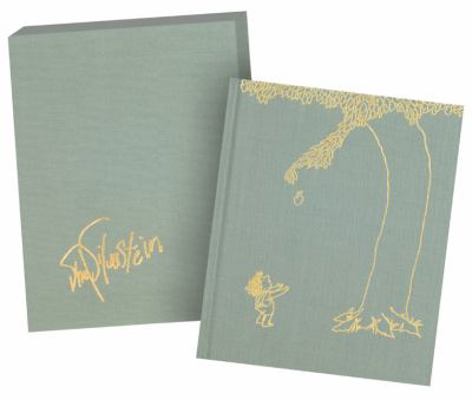Criminal Justice
Select Format
Select Condition 
Book Overview
What is the criminal justice system for? How does it operate? How does it treat victims, suspects, defendants and offenders? Does it work? Is it fair? Criminal Justice provides a thought-provoking and critical introduction to the challenges faced by the UK's criminal justice system including policing, sentencing and punishment at the beginning of the 21st Century. Expert contributors, including criminologists and lawyers, provide students with a critical introduction to issues, institutions and agencies which shape the operation of the criminal justice system. A fascinating book which provides students from a range of disciplines including criminology, law, sociology and social policy with knowledge and understanding of the key areas of the subject and an appreciation of contemporary debates, policies and perspectives. Each chapter features questions, summaries, tables, diagrams, annotated further reading and weblinks, to ensure the book is as accessible and engaging as possible, and provides clear guidance on further study. An illuminating glossary of key terms is also included. Online Resource Centre This title is accompanied by an Online Resource Centre containing an online version of the glossary of key terms and annotated web links. Adopting lecturers will also have access to a test bank of multiple choice questions with answers and feedback.
Format:Paperback
Language:English
ISBN:0199694966
ISBN13:9780199694969
Release Date:September 2013
Publisher:Academic
Length:392 Pages
Weight:1.40 lbs.
Dimensions:0.8" x 7.4" x 9.6"
More by Nikolai Leskov
Customer Reviews
5 customer ratings | 4 reviews
There are currently no reviews. Be the first to review this work.










